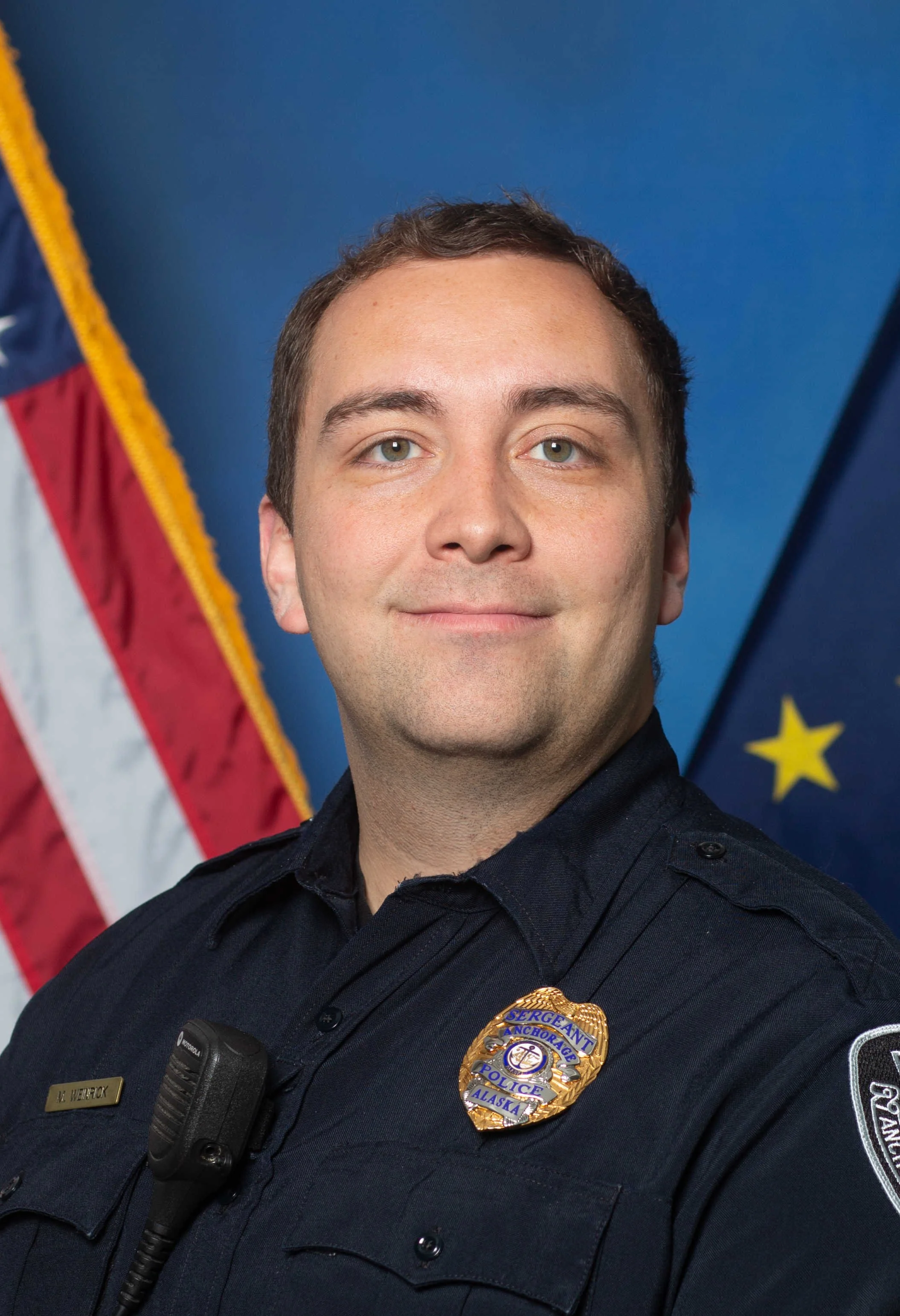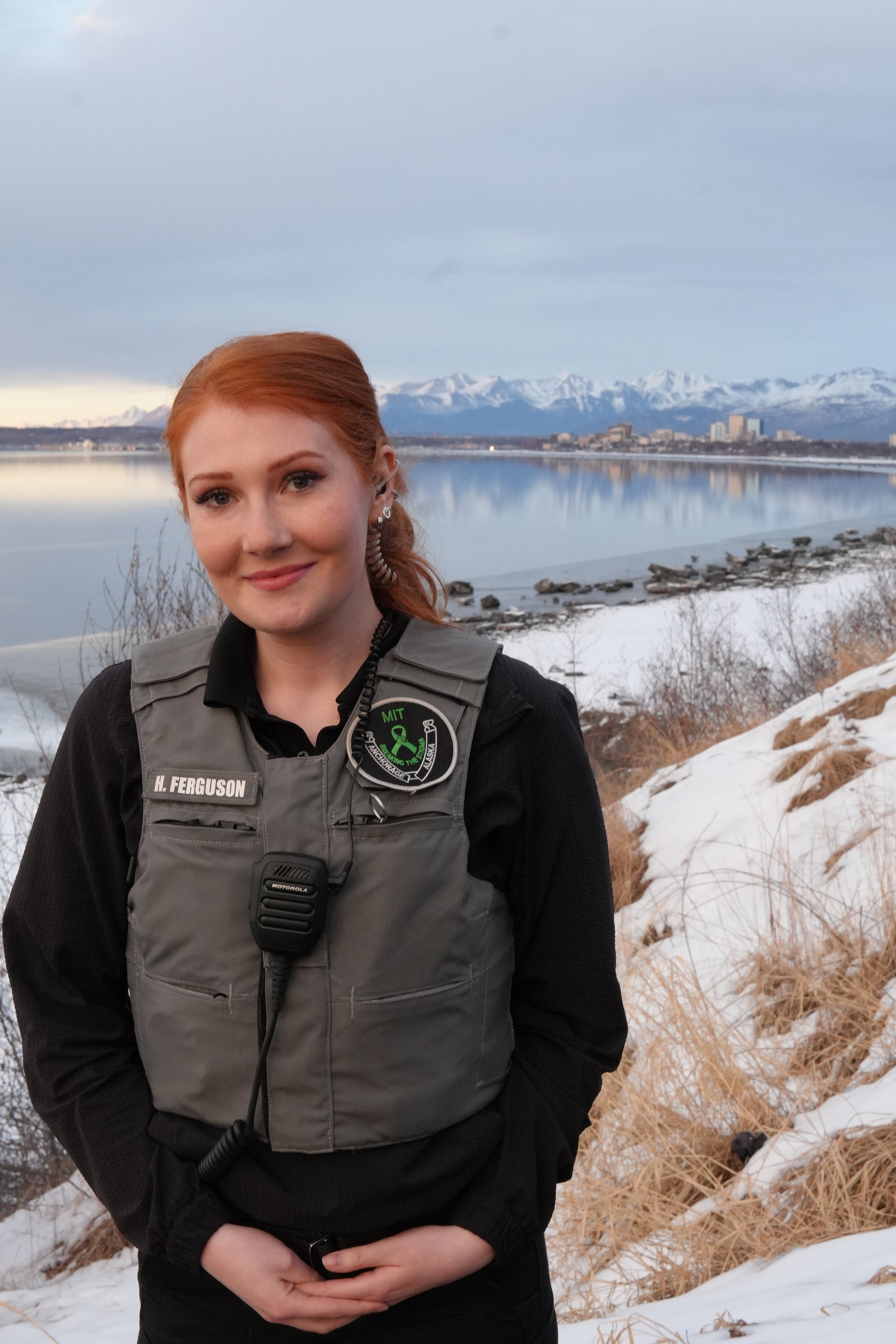Mobile intervention teams (MIT)
Schedule:
Sunday - Friday
7:00am - 12:00am
Mission Statement
The Anchorage Police Department Mobile Intervention Team (MIT) responds to support individuals in crisis to provide humane, cooperative, compassionate law enforcement intervention to reduce the potential for violence during police contacts, stabilization within the community, and connect individuals to follow-up services.
Goals
The Mobile Intervention Team is a data-driven unit:
1. Diversion— When possible, divert individuals in crisis or suffering from a serious mental illness from the jail and the hospital when it is safe and appropriate to do so.
2. Minimize the duplication of Mental Health Services.
3. Enable police patrol officers to return to service as soon as possible.
Unit leadership
Lt. Brian Fuchs
Unit Commander
Sgt. Marvin Weinrick
Unit Supervisor
Dr. K. Becker, PhD
Supervising Psychologist
MEET YOUR TEAMS
HOPE Team
HOMELESS.
OUTREACH.
PREVENTION.
ENGAGEMENT.
Building on the success of the Mobile Intervention Team (MIT), Officer Ruth Adolf and Social Work Navigator Tanya Vandenbos have come together to form the Homeless Outreach Prevention Engagement Team (HOPE). The HOPE team is committed to fostering trust and understanding, aiming to support Anchorage’s most vulnerable residents in obtaining the assistance they need. Through their caring and dedicated approach, they not only empower individuals but also help to strengthen the sense of community, positively impacting everyone in Anchorage. Their work serves as a reminder that together, we can make a difference in the lives of those facing challenges.
Monday - Thursday | 7am- 5pm | Day Shift
Ofc. Ruth Adolf
Crisis Intervention Officer
Tanya Vandenbos
Social Work Navigator
Mobile intervention team 2 - mit2
Tue - Fri | 2pm - 12am | Swing Shift
Ofc. Valeria Estrella
Crisis Intervention Officer
mobile intervention team 3 - mit3
Sun - Wed | 2pm - 12am | Swing Shift
Ofc. Michael Montgomery
Crisis Intervention Officer
Mobile intervention team 4 - mit4
Sun - Wed | 7am - 5pm | Day Shift
Ofc. Cory Acres
Crisis Intervention Officer
Mobile intervention team 5 - MIT5
Tue - Fri | 7am - 5pm | Day Shift
Ofc. Richard Macias
Crisis Intervention Officer
our mental health clinicians
mission support
Ofc. Joshua McLeod
Crisis Intervention Officer
Steve Williams
Director of Diversion Programming, APD
resources
-
If your loved one is struggling with a severe mental illness and poses a danger to themselves or others, you can request a mental health ex parte order in Alaska. This legal process allows a judge to approve an emergency evaluation, ensuring your loved one receives professional care and intervention.
To initiate this process, you must file a Petition for Emergency Evaluation with the Alaska court system. Once approved, law enforcement can transport the individual to a designated mental health facility for assessment and possible treatment. This petition is meant for urgent situations where immediate action is needed to prevent harm. If you need to file, visit the Alaska Court System website or contact your local courthouse for guidance. Taking this step could help your loved one get the support they need during a crisis.
-
The Anchorage Community Emergency and Advocacy Resources booklet, commonly known as the "Little Blue Book," serves as a comprehensive guide to local services and assistance. It includes contact information for medical and health services, mental health resources, and support for victims of domestic violence and sexual assault. Additionally, the booklet provides details on legal aid, housing assistance, and food resources available within the Anchorage community. This resource is designed to help residents navigate and access essential services during times of need.
-
United Way's 211 is a free, confidential service connecting individuals to local resources like food, housing, and healthcare. Available 24/7, it can be accessed by dialing 211 or visiting 211.org. In Alaska, residents can call 2-1-1 or 1-800-478-2221, or search the database at alaska211.org. Trained specialists assist in navigating various support services.
-
Calling 988 connects individuals in crisis to the Suicide & Crisis Lifeline, providing immediate, confidential support from trained crisis counselors. This three-digit number is available 24/7 nationwide for anyone experiencing emotional distress, suicidal thoughts, or a mental health crisis.
In Anchorage, 988 is a key part of the Crisis Now Model, ensuring that callers are quickly connected to the right resources, including mobile intervention teams (MITs) for in-person support or crisis stabilization services if needed. This approach reduces unnecessary police involvement and emergency room visits while ensuring people receive compassionate, specialized care.
-
Boney Court House
Phone Number: 907-269-0547
Address: 303 K St, Anchorage, AK 99501
Hours: Monday-Friday: 8:00 am - 4:30 pm, Saturday-Sunday: Closed
history
Bringing Crisis Intervention Training to Anchorage
The journey to bring the Crisis Intervention Team (CIT) model from Memphis, Tennessee, to Anchorage, Alaska, began with a collaboration between Steve Montooth (Southcentral Counseling), Lieutenant Tom Nelson (Anchorage Police Department), and NAMI Anchorage President Pat Kouris. After hosting Major Sam Cochran of the Memphis CIT program as the keynote speaker at the 2001 NAMI conference, they introduced the concept to Police Chief Walt Monegan and Mayor George Wuerch.
In 2001, a team from Anchorage attended CIT orientation in Memphis, including APD Deputy Chief Bill Miller, Jay Escobedo, Yvonne Evans, and Steve Montooth. Later that year, Evans, Montooth, Doug Moore, and Wendi Shackelford completed the 40-hour CIT training.
With support from the State of Alaska Division of Behavioral Health, Anchorage hosted its first CIT training at the APD Training Center on June 10, 2002. Major Cochran returned to deliver the keynote at the graduation banquet, inspiring the first Alaska Crisis Intervention Team members to serve the community with professionalism and respect.
Adopting the Crisis Now Model
Anchorage is adopting the Crisis Now model to modernize mental health crisis response and reduce reliance on law enforcement and emergency rooms. This system features crisis call centers, mobile intervention teams (MITs), and crisis stabilization programs, offering faster, more compassionate care while connecting individuals directly to support services.
A key part of the model is the Mobile Intervention Team, which consists of mental health professionals and peer specialists who respond to crises on-scene instead of police, focusing on de-escalation and immediate care. This shift follows national best practices, aiming for safer outcomes and a more humane, cost-effective approach to mental health needs in the community.


















